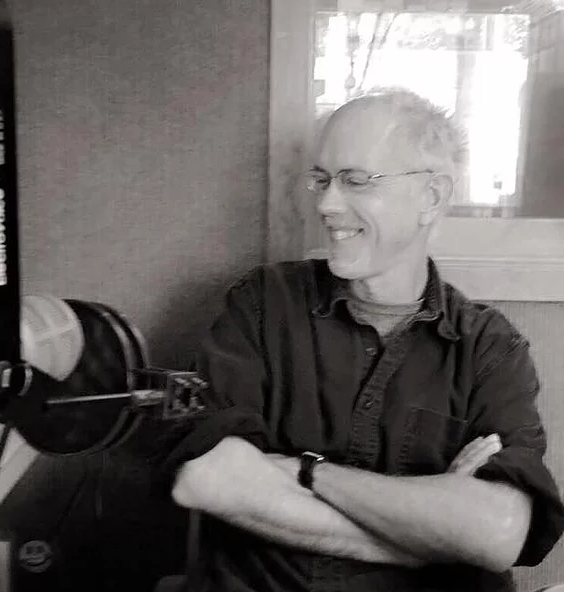
Inspired by Mark Slouka’s recent book, Brewster, I decided to read a number of articles and essays by him as well.
Many of the topics Slouka writes orbit around the arts, humanities, and his views of the world. These are topics I enjoy thinking and writing about too. And while I found all of Mr. Slouka’s writings quite interesting, one particular focus stood out.
Mark Slouka elaborates on the idea of idleness. He talks about the increasing lack of it in our lives. Filling gaps in time with something to do appears to be our principal goal. He sees us as having developed into a culture that “lives to work.” If we are not “perpetually busy,” we feel as though we are not being productive.
Idleness (not to be confused with leisure), Mr. Slouka maintains, has enormous value. It is at the root of observation and the basis for sound thinking. It enables us to think about things--to dream, to imagine, to see. Reading for the sheer pleasure of it is what he is talking about. Take a drive for an afternoon just to observe the countryside or the air. Chat with friends. Create a meal. Draw, paint, listen to music simply for the sounds and colors, sculpt just for feel of the clay.
I know. I know. We have heard things like this before—and many times. Platitudes, such as “smell the roses,” come to mind. The Romantic artists and composers (such as Monet, Ravel, Debussy, Seurat and others) crafted magnificent works of art using this more sensory-driven view of life to express their ideas.
Mr. Slouka, though, offers more than just the shaking finger of warning and frown of disapproval. The speedy lifestyle we have adopted "destroys our ability to bring the world and our thoughts into focus.” And in his poetic way, “The soul drowns like a cat in a well.”
Prose as natural and seemingly effortless as Mr. Slouka’s demonstrates reflection and profound thought. This was most likely developed by participating in (and enjoyment in) the close observation of people, relationships, and in this case, the town we live in. The empathy we feel for the 2 boys in Brewster plus easy assimilation of their world into a town we think we know so well was not hastily achieved. Undoubtedly, Mr. Slouka makes exquisite use of his own counseling.
Stefani Gosselink teaches piano in Brewster, NY. She is the author of several books, and has written several articles on art and local artists in the area.
Click here to check out other articles on art, performance, and music here or StefaniGosselink.com.
Keep in the loop! Click here to sign up Brewster HamletHub's free Nightly Newsletter, like us on Facebook and follow us on Twitter and Instagram.